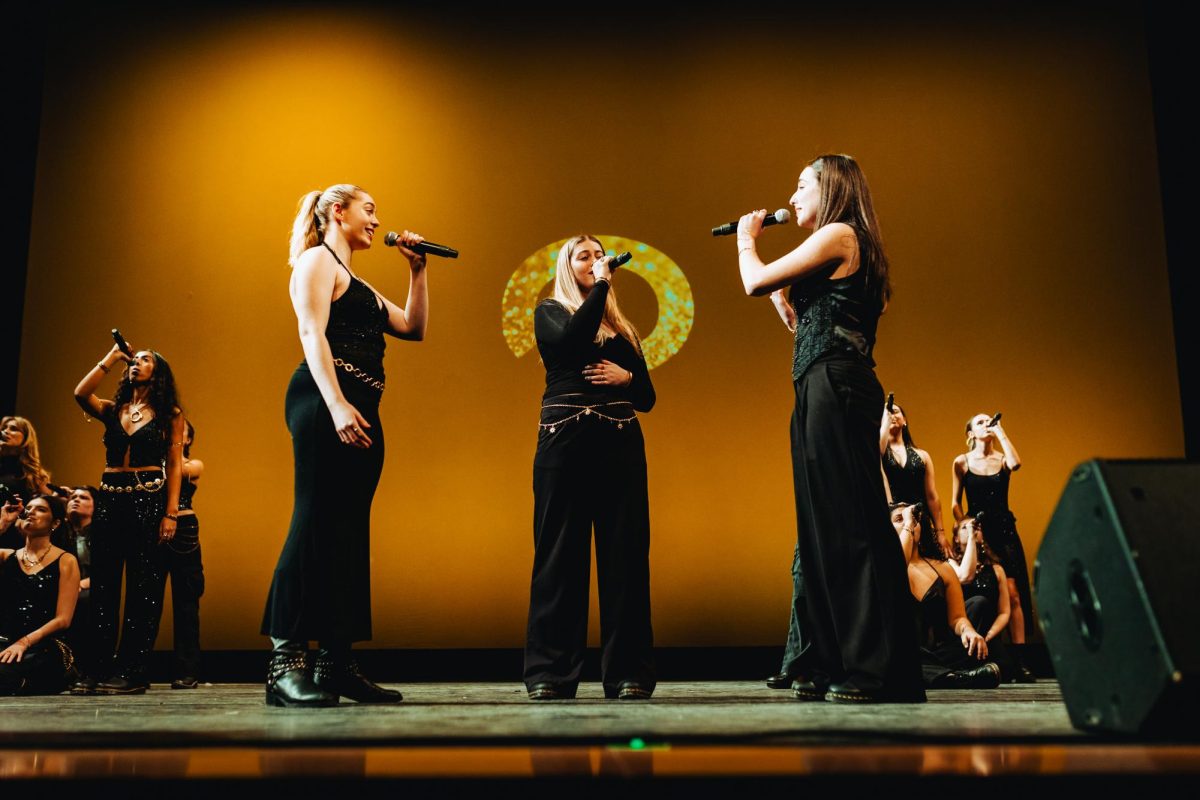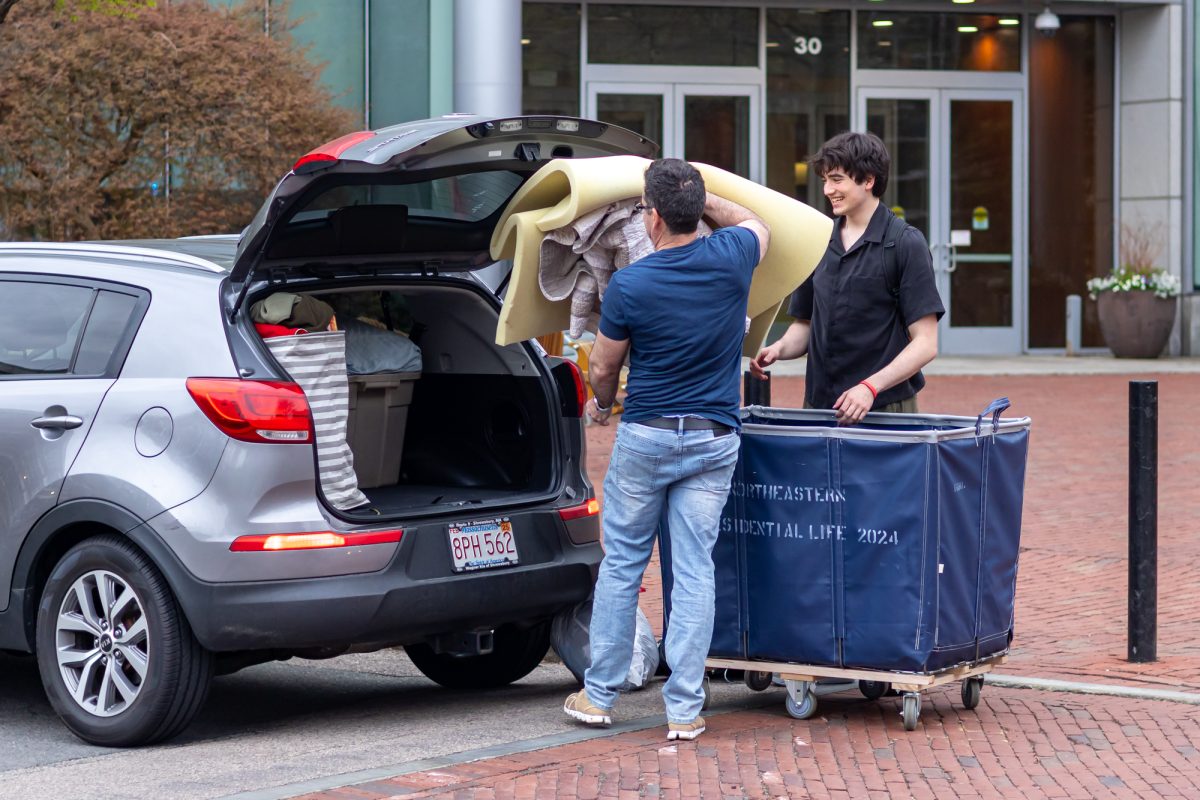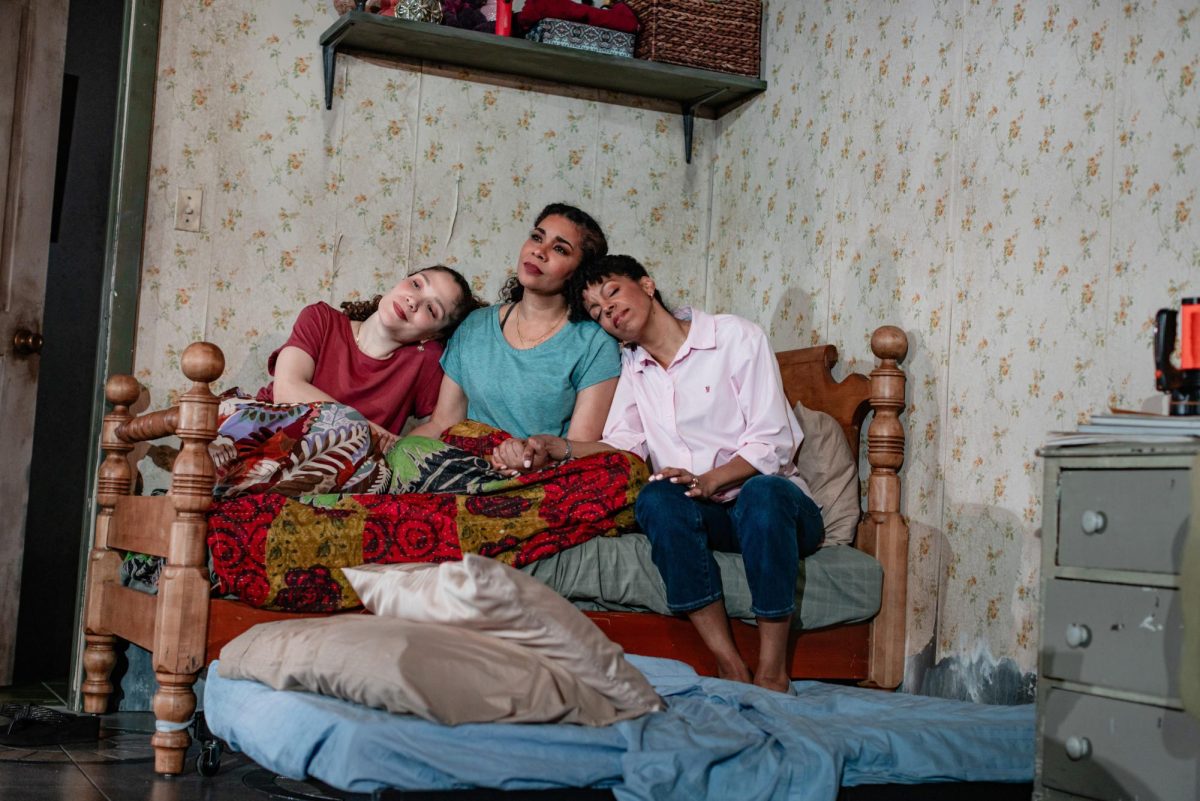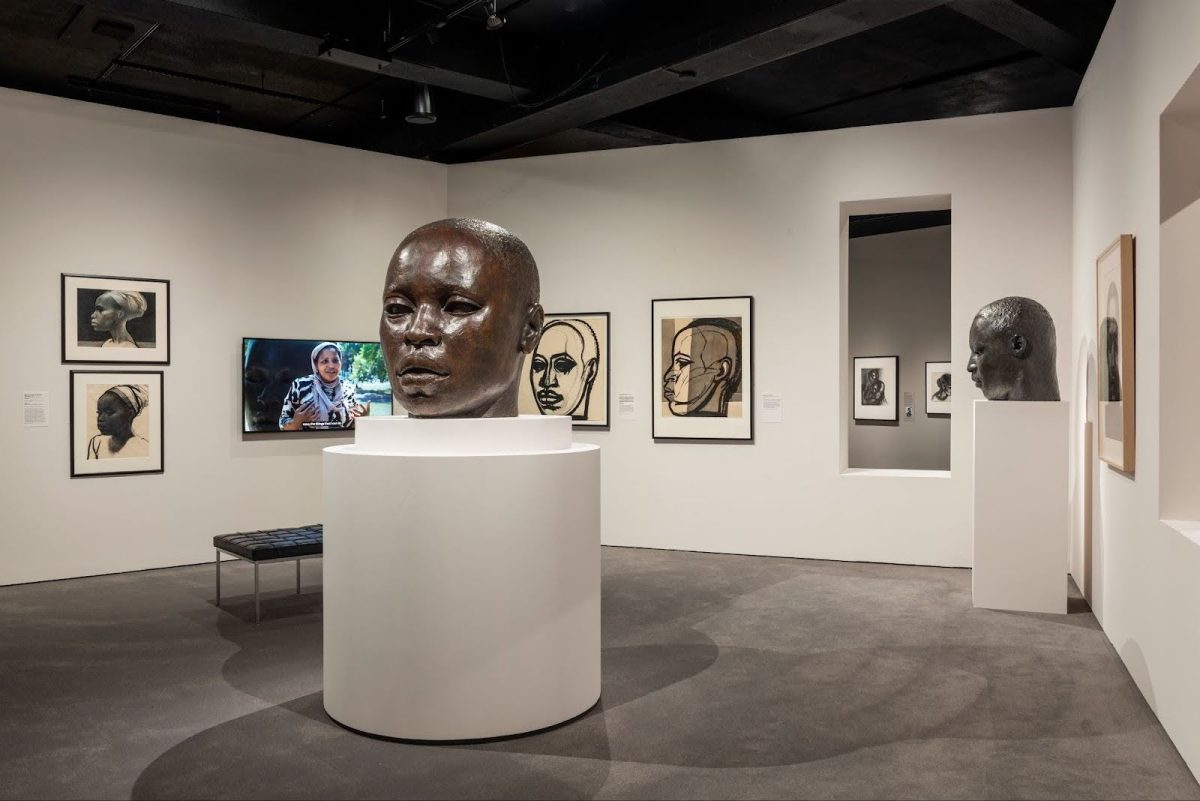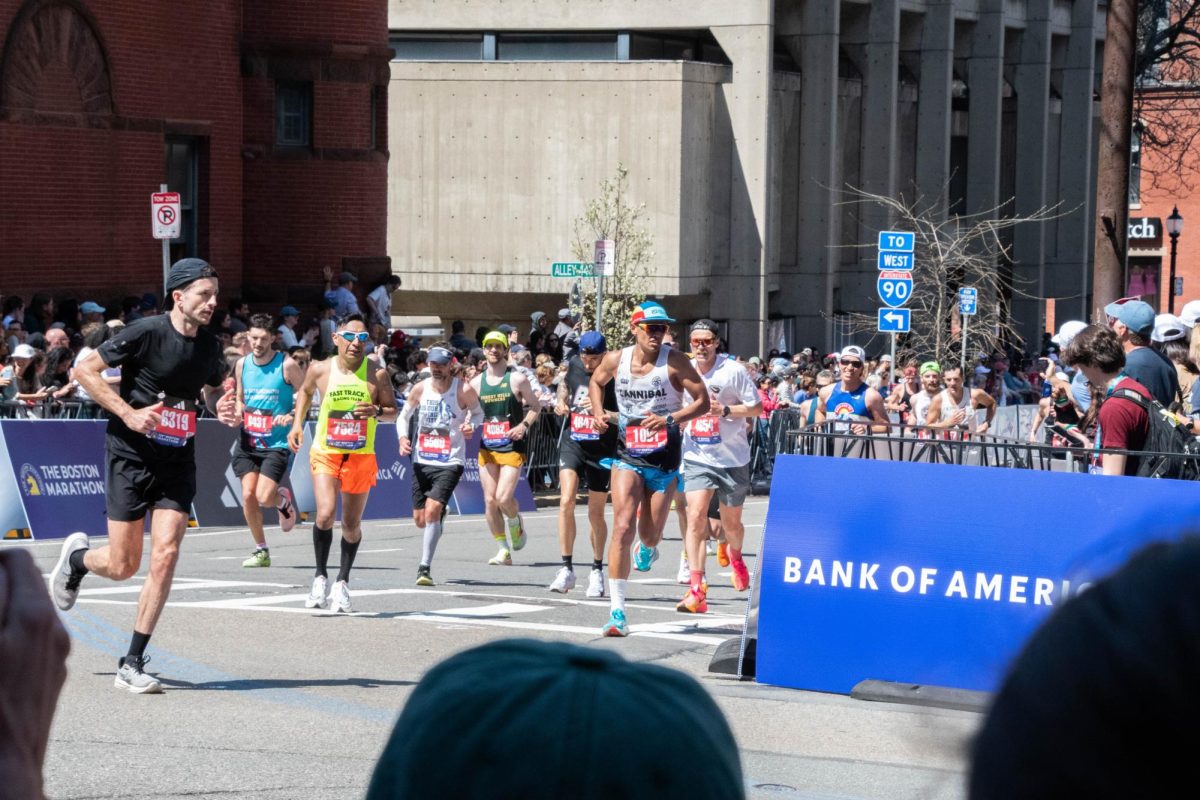 By Marian Daniells, News Staff
By Marian Daniells, News Staff
As musical director for the Nor’easters, Shams Ahmed helped guide the a capella group through their most successful year to date. The group placed second at the Northeast quarterfinals for the International Championship of Collegiate A Cappella (ICCA) at Boston University in February and continued onto semifinals at the Massachusetts Institute of Technology (MIT) in March, where they were ranked fourth out of eight groups.
“Music is obviously one of my passions,” said Ahmed.
The international finals for the ICCA will be held Saturday, April 24, at Lincoln Center in New York City. For the past four months, groups from six regions (West, Midwest, South, Mid-Atlantic, Northeast and Europe) have competed to get to the finals for a chance to be the world collegiate a cappella champion.
“This year, finals is going to be great,” said ICCA Director Lindsay Howerton. “We really think that the competition is going to be better than ever and that each of the competing groups will represent their regions well.”
Varsity Vocals, the parent company that organizes the ICCA and the International Championship of High School A Cappella (a similar championship for high school groups) recognizes the many benefits that a cappella provides for participants. According to its website, Varsity Vocals aims to provide performance groups with valuable feedback from judges.
However, Howerton said the competitions provide students with other opportunities for enrichment and networking, as well.
“Our young vocalists also have the opportunity to showcase their talent to an international audience and develop relationships with each other, cultivating the art of a cappella singing and a lifelong love of music,” she said.
The Nor’easters certainly took advantage of these networking and relationship opportunities.
“It’s always good to have a network of a cappella groups if you want to host a concert or something,” said Ahmed.
Though the Nor’easters did not advance to the ICCA finals, their close friends, Berklee College’s Pitch Slapped, placed first in the Northeast semifinals and are headed to New York on Saturday.
“Pitch Slapped is definitely our go-to group. We kind of view them as our brother or sister a cappella group,” explained Ahmed. “We’re happy that they’ve been so successful. It almost feels like a victory for us.”
Mario Jose, a junior vocal performance major at Berklee, agreed, using the same terms—”brother” and “sister”—to describe the relationship between the Nor’easters and Pitch Slapped. Jose, who joined Pitch Slapped in 2008, recalled that one of his first gigs was at afterHOURS with the Nor’easters.
“They are just really great people,” he said. “Right from the get-go, we got to be really close.”
Last year, Pitch Slapped made it to the ICCA Northeast semifinals, where they placed second. The Nor’easters, however, didn’t make it past Northeast quarterfinals. This year, Pitch Slapped not only celebrates their participation at finals, but also the Nor’easters progress over the past year, said Jose.
“We were rooting for each other,” he said.
In addition to the Nor’easters, other campus groups include Distilled Harmony, the UniSons, the Bassix, the DownBeats—who also competed in the ICCA, placing third in their quarterfinals—and Treble on Huntington. While Northeastern’s a cappella scene is pronounced, Harvard has more than twice the number of groups. And according to the online Boston A Cappella Scene database, there are more than 300 groups in Boston and the surrounding areas, ranging in skill level from college clubs to professional groups.
The increased interest and participation in a cappella, particularly in colleges, is likely a result of students seeking opportunities to perform without an overly stressful environment, said Howerton.
“A lot of college a cappella groups aren’t a part of a music school within a college, so good singers can be a part of an a cappella group as an extracurricular rather than a class, which can be a nice break from the structure of an official music class,” she said.
While that may be that case for some groups, the Nor’easters are highly competitive and commit hours to rehearsing every day. Between arranging songs, teaching parts, choreographing and perfecting the final product, Ahmed admits that he easily contributes six hours a day to Nor’easters work.
Noorjehan Khan, a freshman psychology and education major, joined the Nor’easters in January. She and the other new members had to learn all the music and choreography in time for the ICCA quarterfinals the first week in February. After quarterfinals, things didn’t slow down; the group had to learn and choreograph new pieces for the semifinals, which were held in March.
“When it came to the [ICCA] we were working all the time … we ate, slept and breathed with each other. It was crazy,” said Khan.
The group, which typically practices twice a week, tripled their practices to prepare for ICCA.
“It was really intense, but worthwhile because in the end, we did really well,” said Khan.
In addition to placing second at quarterfinals and coming in fourth at semifinals, the group was recognized for their additional effort. At quarterfinals, Ahmed received the award for outstanding arrangement for his version of “Show Me What I’m Looking For,” originally performed by Carolina Liar. And both Ahmed and the group were recognized for having the best choreography at Northeast semifinals.
“I thought we really did well … We gave our best performance,” said Ahmed of the Nor’easter’s success at quarterfinals. As for their performance at semifinals, Ahmed is optimistic that the Nor’easters can draw from this year’s shortcomings and perform better in the future.
“We definitely had the first-time jitters when it came to semis,” he said. “Next year, we’ll be more prepared to succeed.”


